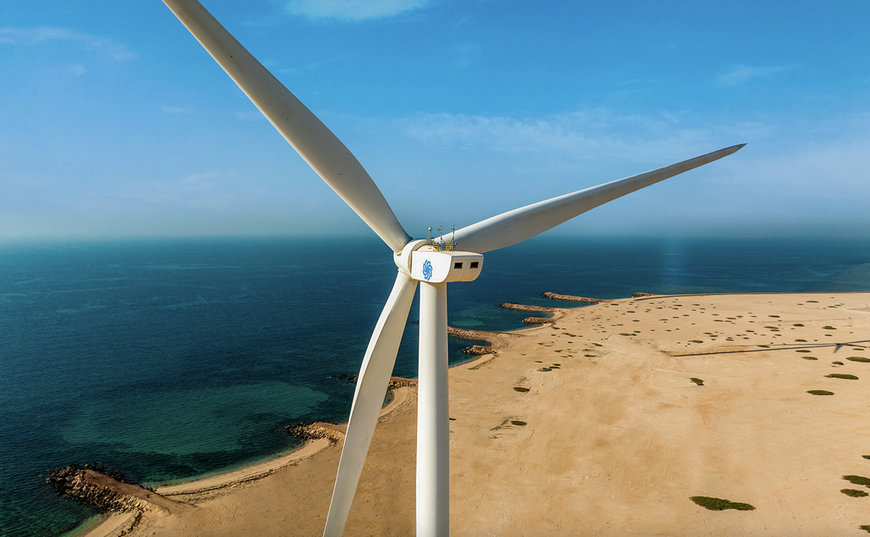www.magazine-industry-usa.com
01
'24
Written on Modified on
Powering Possible: AI and Energy for a Sustainable Future
ADNOC, Masdar and Microsoft have jointly published a new report exploring the transformative potential of artificial intelligence (AI) in driving the global energy sector towards a net zero future.
www.adnoc.ae

The report, titled “Powering Possible: AI and Energy for a Sustainable Future”, highlights AI’s potential to optimize energy efficiency, manage complex energy systems, reduce greenhouse gas emissions, and innovate carbon-free energy solutions while addressing the growing energy demands of AI technology itself.
To create the report, the authors surveyed more than 400 experts across the fields of energy, technology and AI, academia and finance, including His Excellency Omar Al Alama, UAE Minister of State for Artificial Intelligence; Jensen Huang, CEO of NVIDIA; Larry Fink, CEO of BlackRock; Professor Anima Anadkumar of Caltech; and Patrick Pouyanné, CEO of TotalEnergies. The survey revealed that 92% of energy executives believe AI will have a significant impact on improving energy efficiency by 2030, and that by 2050, 97% expect AI to play a central role in developing new energy solutions. These findings emphasize AI’s potential to decarbonize traditional energy sources, drive efficiency gains and accelerate the energy transition.
The report highlights AI’s capacity to reduce methane emissions – a greenhouse gas that is 80 times more effective at trapping heat than carbon dioxide (CO2). Advanced AI tools being developed are anticipated to detect methane leaks with up to 20% greater accuracy compared to legacy technologies. These innovations are expected to play a vital role in helping the energy sector achieve the Global Methane Pledge, which aims for a 30% reduction in methane emissions by 2030.
The report also provides a roadmap to address AI-driven data centers’ rising energy demands, which are projected to nearly double their share of global electricity demand by 2026. The report highlights that while at a global scale AI’s electricity consumption is relatively small, in some regions, electricity demand for data centers can be a large percentage of total load. For example, according to the IEA, in the European Union, where data center electricity demand is expected to increase at ~9% per year, demand could exceed 5% of the total regional load by 2026.
Building on the significant progress already underway to bring more carbon-free energy online, the collaboration between the technology and energy sectors is crucial to ensuring that growing electricity demand is met through sustainable and carbon-free energy solutions. Masdar, the UAE’s clean energy champion, highlights within the report the opportunity for AI to transform the global clean energy industry, as the data centers the industry requires will serve as an increasingly important driver of global energy demand, adding that to meet this demand sustainably will require a multifaceted approach to unleash the full potential of AI.
Click here to view the full report.
www.adnoc.ae

